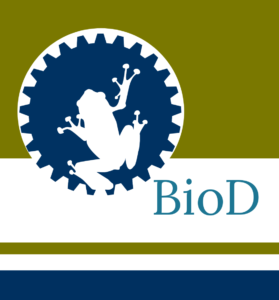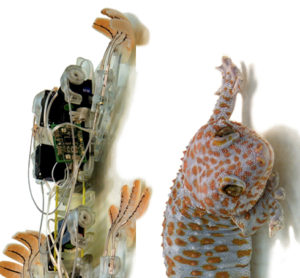Webinar, Fungi and Seaweed: Changing the way we think about meat
At this month’s Midday Science Cafe, we’ll learn about two new meat alternatives made from foods we already know and love: seaweed and mushrooms! First course: seaweed. Dr. Amanda Stiles from Berkeley Lab is researching ways to extract the protein from seaweeds and incorporate it into delicious new foods. The highly-digestible, amino-acid rich protein concentrate UMARO Foods has developed enhances the color, texture, and flavor of plant-based foods. Second course: filamentous fungi. These organisms include mushrooms, which have formed part of the human diet for thousands of years. UC Berkeley’s Dr. Vayu Maini Rekdal, scientist and chef, will talk about his work between laboratories and Michelin-star restaurants studying and engineering these fungi for sustainably produced foods. Both scientists are working toward the common goal of solving sustainability issues and producing a new generation of meat alternatives. Let’s eat!
Learn about our two Decals!
 Click here to find out more about our Fall Bioinspired Design Decal and our Spring Bioinspired Design in Action Decal – ALL MAJORS are welcome.
Click here to find out more about our Fall Bioinspired Design Decal and our Spring Bioinspired Design in Action Decal – ALL MAJORS are welcome.Berkeley BioDesign Community
 Click here to learn about the BioD: Bio-Inspired Design @ Berkeley student organization or here to signup for more info.
Click here to learn about the BioD: Bio-Inspired Design @ Berkeley student organization or here to signup for more info.Search
Student Login




I imagine that the neurological circuits underlying these processes are governed by both 2d spacing maps with their brains as…
to reduce the impact of car accidents, it may be possible to study the force diverting physics of cockroaches to…
you see this type of head-bobbing stability in many avian creatures related to pigeons like chickens. the head ability to…
not like they taught horses how to run! this is an example of convergent evolution where both sea creatures and…
The brain functions in a similar way with neuronal connections. our brains are able to utilize the multiplicity of connections…